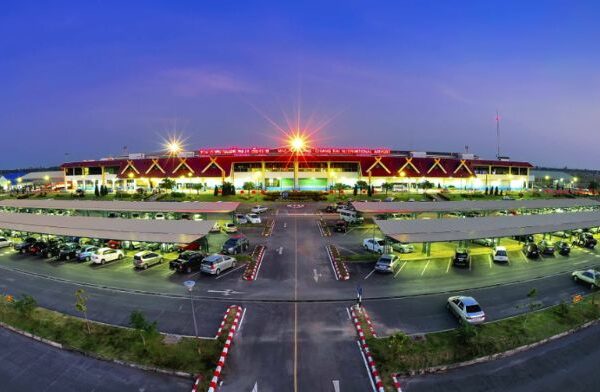

With pressure mounting on the aviation industry to tackle climate change, attention is turning to how companies can drive positive change within the sector.
And this week, ZeroAvia, an innovator in decarbonising commercial aviation, revealed that it had received backing from the UK government, in the form of a £2.7m grant to support the development of its HyFlyer – a Piper Matrix aircraft equipped with a hydrogen cell powertrain.
Based at Cranfield Airport in the UK, ZeroAvia’s project involves building and flying a six-seater test aircraft on a 250-300 nautical mile flight (equivalent to the distance from London to Edinburgh). It’s a key step on ZeroAvia’s journey towards supplying to commercial operators and aircraft manufacturers in 2022, initially targeting up to 500-mile regional flights in 10 to 20-seat fixed-wing aircraft.
According to the Air Transport Action Group, aviation is responsible for 12% of CO2 emissions from all transport sources and is one of the fastest growing sources of global emissions. ZeroAvia’s aim is to deliver to commercial operators the same performance as a conventional aircraft engine, but with zero carbon emissions and at around half of the operating costs. The test flight will prove that zero emission aviation, powered by hydrogen, can play a key role within transport strategies around the world – enabling net zero targets to be met while improving productivity and regional prosperity.
Industry leaders have long been calling on governments to support sustainable initiatives and invest in technology that will drive a greener aviation industry. Val Miftakhov, ZeroAvia founder and CEO, welcomed the support from the UK government, saying: “The substantial backing provided by the UK government underlines the potential that hydrogen holds as a fuel source for commercial aviation and provides significant validation of ZeroAvia’s approach to zero-emission flight.”
Meanwhile, Nadhim Zahawi, MP, parliamentary undersecretary of state at the Department for Business, Energy & Industrial Strategy, added: “We are leading the world in tackling climate change, going further and faster by becoming the first major economy to pass new laws for net zero emissions by 2050. The development of a practical alternative to fossil fuels within aviation has the potential to revolutionise domestic travel not just in the UK but globally.”
With the race now on to make flying cleaner and greener, could hydrogen be the fuel of the future and if so what will this mean for fuelling infrastructure at airports?
The editor’s comment is published weekly as an accompaniment to the Regional Gateway e-newsletter. If you do not currently receive our email updates, you can subscribe here.





